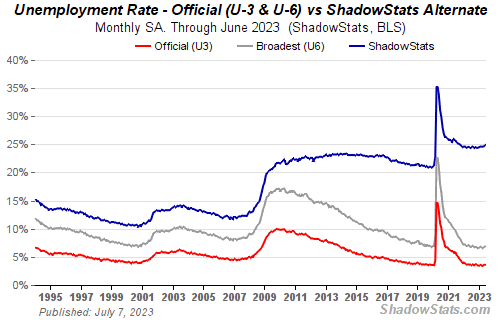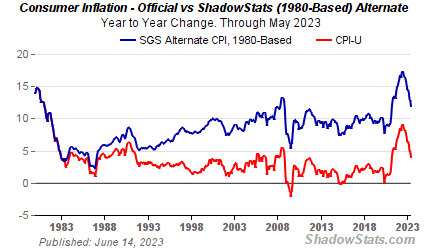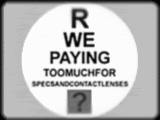Talk About False Advertising: Just Say No to no!no!
While the FDA is busy attacking legitimate companies like Blue Diamond for making truthful claims about walnuts, based on hard science, companies like PhotoMedex-Radiancy [PHMD], manufacturer of no!no! Hair Removal System engages in an extraordinarily heavy campaign of national television and Internet advertising to promote the sale of this product, making false claims, supposedly supported by science and research in order to rob decent people of their time and money.
“As Radiancy documents submitted in court show, Radiancy deliberately engaged in a massive advertising campaign based on bogus claims lacking any scientific basis, including knowingly false claims that the no!no! "provides an effect similar to what lasers accomplish in the dermatologist office"; produces "laser-like results"; is "like laser and IPL [intense pulsed light] treatments, the heat gradually disrupts the hair growth cycle." Mimicking medical laser claims, Radiancy claimed that the no!no! Hair provided "up to 94% reduction in hair re-growth", allowed users to "get rid of unwanted hair and keep it gone" and "have a life of freedom from hair." As Radiancy admitted in papers filed with the court shortly before the settlement, it has dropped all such claims as a result of Tria's lawsuit.In these hard-to-avoid infomercials, the aforementioned company declares that no!no! not only slows down hair regrowth, it actually helps keep it from growing back. It asserts that the use of their product results in “up to 94% less hair regrowth with no pain, no mess, no stress,” when it's an outright lie. Not only that, according to thousands of customer complaints, they refuse to honor their 60-day return policy unless the customer has the wherewithal to devote all of their time and effort to the refund, or the customer threatens with legal action.
Now, the manufacturer has not submitted these so-called "studies" about the use and efficacy of its product to the FDA and despite the fact that these blatantly unsupported claims are designed to mislead and deceive consumers into buying this expensive and ineffective, and even potentially dangerous product, the FDA ignores them.
In fact, a blinded, controlled, prospective clinical study by the Department of Ophthalmology, Dermatology, Otolaryngology, out of Vanderbilt University Medical Center, found that the no!no! Hair Removal System is no more effective than shaving with a razor.
“CONCLUSIONS: Relative to shaving, the hot-wire (no!no!) device does not produce lessened hair density, decreased hair re-growth rate, greater duration of effect, nor induce changes in hair thickness and color. We conclude that the hot-wire device does not offer any benefit as compared to shaving.Read more...













